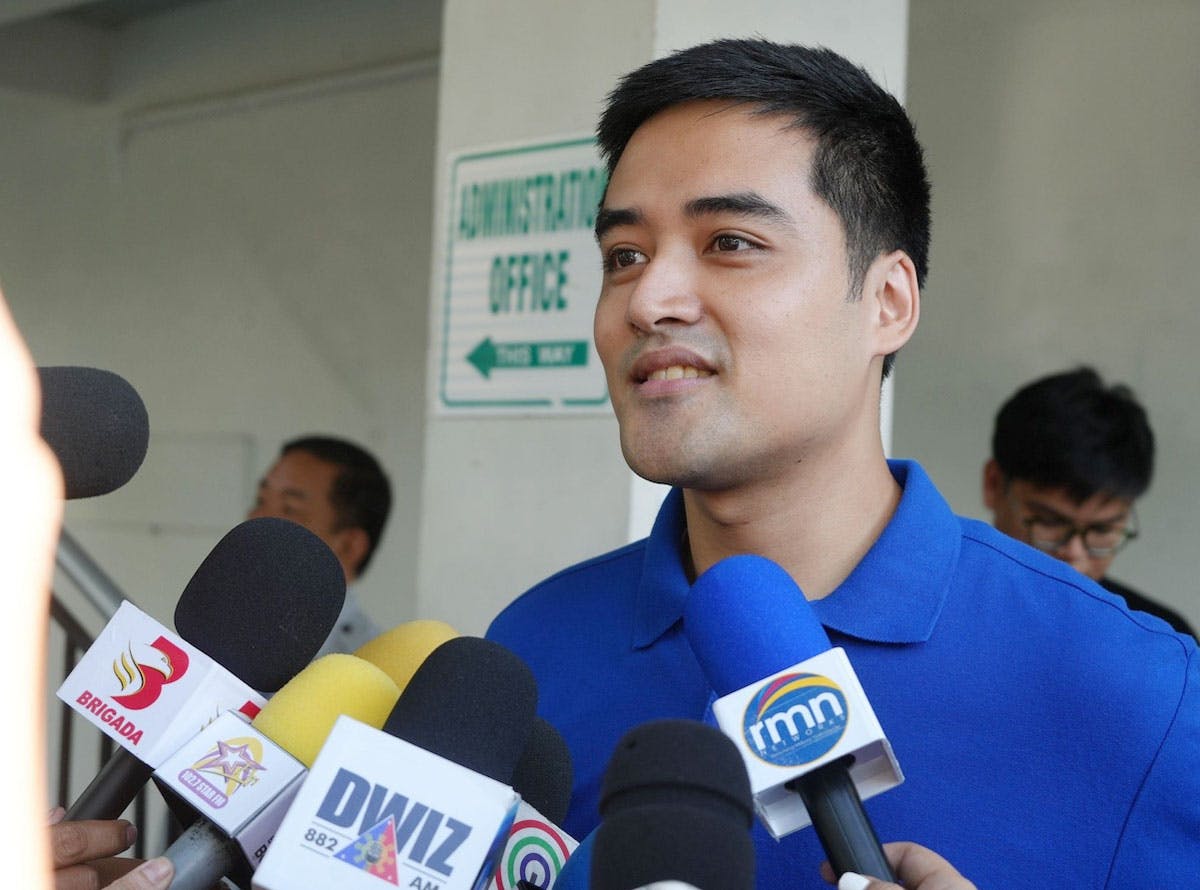By: Atty. Arnedo S. Valera
Wealth Beyond Comprehension
The ostentatious display of hyper-nouveau-riche wealth by the Discaya couple of Pasig, flaunting more than one hundred luxury cars, is not merely a lifestyle spectacle. It is a provocation to the conscience of a nation where millions live below the poverty line. Their casual revelation that their “gateway to riches” began only when they “entered DPWH” and secured multi-billion contracts for flood control projects raises questions not of envy but of justice.
The Filipino people have a constitutional and moral right to demand answers. Article XI, Section 1 of the 1987 Philippine Constitution enshrines that “Public office is a public trust. Public officers and employees must, at all times, be accountable to the people, serve them with utmost responsibility, integrity, loyalty, and efficiency, act with patriotism and justice, and lead modest lives.” The flaunting of unimaginable wealth—derived from contracts funded by taxpayers’ money—must be investigated as a possible betrayal of this mandate.
The Senate’s Investigatory Power and Public Duty
The exposé of Mayor Vico Sotto rightly centers the issue in the Senate Blue Ribbon Committee, which by constitutional and jurisprudential mandate has the power to investigate anomalies in aid of legislation. In Arnault v. Nazareno (87 Phil. 29, 1950), the Supreme Court held that the legislative body may compel testimony and production of documents when corruption in government is suspected, as it is inextricably linked to the legislature’s duty to enact remedial laws.
Similarly, in Bengzon v. Senate Blue Ribbon Committee (G.R. No. 89914, Nov. 20, 1991), the Court recognized the committee’s authority to summon and investigate matters of public concern—especially when billions in public funds are implicated. The issue at hand is not mere private enrichment; it is the possible economic plunder of the Filipino people through overpricing, kickbacks, and cornered contracts.
Corruption as Plunder: The Legal Framework
Republic Act No. 7080, the Plunder Law, criminalizes the accumulation of ill-gotten wealth by public officials and private conspirators amounting to at least ₱50 million through a series of overt acts. The luxury car collection, whose value runs into billions, invites legitimate suspicion that such accumulation could not have been achieved by lawful means alone.
Case law supports the people’s right to demand accountability. In Estrada v. Sandiganbayan (G.R. No. 148560, Nov. 19, 2001), the Supreme Court affirmed that ill-gotten wealth derived from public funds constitutes plunder and undermines the very foundation of democratic governance. Likewise, in People v. Sandiganbayan (G.R. No. 115439, July 16, 1996), the Court stressed that unexplained wealth in disproportion to lawful income justifies a presumption of ill-gotten wealth under the Anti-Graft and Corrupt Practices Act (RA 3019).
The Discaya couple’s boast that “no large capital is needed in government projects since mobilization funds are readily provided” betrays a systemic abuse of public contracts. This is precisely the kind of arrangement that creates opportunities for siphoning billions through padded contracts, ghost deliveries, and guaranteed profit margins at public expense.
Protecting Whistleblowers, Protecting the Republic
Mayor Vico Sotto’s courage mirrors the “boy who cried the emperor has no clothes.” His exposé is not an act of defamation but a constitutionally protected exercise of freedom of speech (Art. III, Sec. 4, 1987 Constitution). Any attempt to silence him through the weaponization of libel suits—such as Korina Sanchez’s threat of cyberlibel—should be seen as intimidation, a tactic designed to chill truth-telling.
In Borjal v. Court of Appeals (G.R. No. 126466, Jan. 14, 1999), the Supreme Court held that fair commentaries on matters of public interest, especially concerning government transactions and corruption, enjoy immunity from libel. The courts have consistently protected citizens who speak out against suspected corruption as part of democratic discourse.
Conclusion: People Power Against Economic Plunder
Corruption is not just a violation of statute; it is a betrayal of the sovereign Filipino people. When a couple can accumulate a fleet of cars that rivals monarchs and billionaires, while citizens drown in floods supposedly addressed by these projects, the principle of social justice is mocked.
The call, therefore, is not only to investigate but to recover ill-gotten gains, cancel unjustified profits, prosecute those who conspired in the scheme, and return every peso back to the people. The Blue Ribbon Committee has both the moral authority and legal duty to act decisively.
Mayor Vico Sotto does not stand alone. To protect him is to protect the Republic. To silence him is to silence every Filipino who dares to demand accountability. The Constitution, jurisprudence, and the indomitable spirit of the people stand on the side of truth.
The fight against corruption is a fight for the very soul of our democracy. And it begins, as always, with courage. #
Atty. Arnedo S. Valera is the executive director of the Global Migrant Heritage Foundation and managing attorney at Valera & Associates, a US immigration and anti-discrimination law firm for over 32 years. He holds a master’s degree in International Affairs and International Law and Human Rights from Columbia University and was trained at the International Institute of Human Rights in Strasbourg, France. He obtained his Bachelor of Laws from Ateneo de Manila University. He is an AB-Philosophy Major at the University of Santo Tomas ( UST). He is a professor at San Beda Graduate School of Law (LLM Program), teaching International Security and Alliances

Comments
Post a Comment